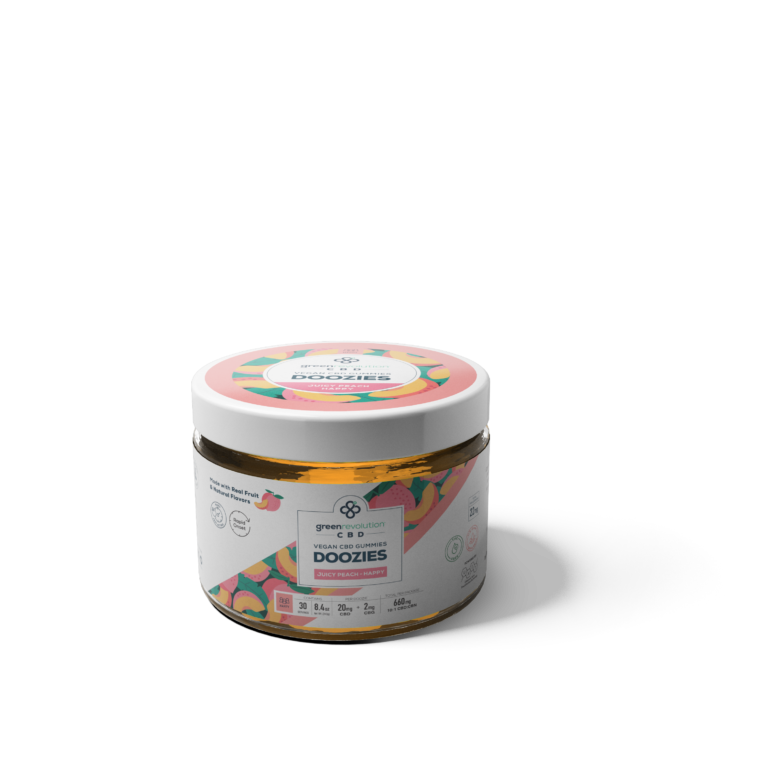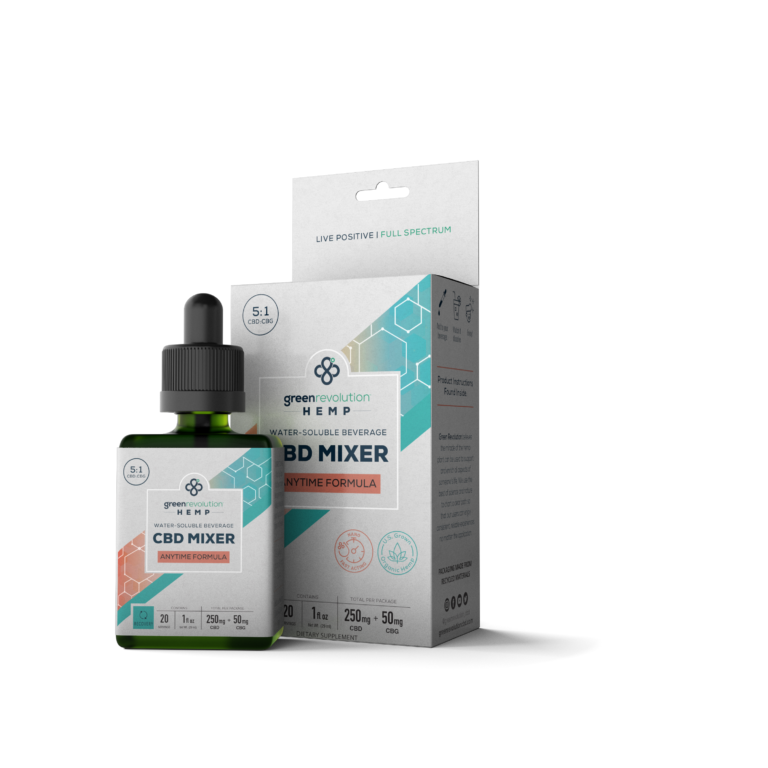Does CBD Lower Heart Rate? A Closer Look at the Facts
Does CBD Lower Heart Rate? A Closer Look at the Facts

This article will thoroughly examine the potential relationship between CBD and heart rate, addressing existing research and discussing potential benefits for those who want to use CBD to manage heart rate.
Introduction
CBD has been investigated for its health benefits on several parts of the body, but how does CBD affect heart rate, and can CBD lower heart rate?
A heart rate refers to the number of times your heart beats every minute. For adults, this number should be between 60 and 100. That rate will go up or down depending on what you’re doing. Your body automatically controls that heartbeat, so if you’re exercising, it’s going to increase; if you’re scared or stressed, it will also increase, but if you’re resting and comfortable at home after a long day, it will decrease.
Problems with high heart rates can lead to significant health complications. It is also one of the simplest ways to keep tabs on any potential issues you might have.
If you are noticing high resting heart rates, it might be because you are experiencing an imbalance in your autonomic nervous system, an imbalance that can be addressed with CBD.
How CBD works for stress and anxiety
It’s natural to feel anxiety and stress. Small amounts can be good for you. Stress systems and our response to anxiety can help people slam on their brakes in traffic instead of hitting a car, get up for work for fear of losing their jobs, and more.
But, in high doses, stress can cause severe damage to the body, and excessive stress can lead to anxiety disorders. When you get stressed, the HPA axis secretes high cortisol levels, and your SNS system releases adrenaline and noradrenaline. These two act in parallel to make it possible for you to use your fight or flight system.
Potential Threat
This facilitates arousal so that you can focus on a potential threat, increases how awake you are, and inhibits other behaviors like digestion, growth, or reproduction so that you can focus on the potential danger. Your memory gets heightened so that you can identify that same threat in the future.
However, not all of these physiological aspects are necessary for daily life when dangers are not real and threats are minimal or non-existent.
- Why stress is bad
Without finding a way to manage stress and reduce heart rate associated with high anxiety and the stress response, individuals are at risk for:
- Cardiovascular problems
- Reduced respiratory function
- Gastrointestinal issues
- Compromised immune systems
- Issues with cytokine levels
- High inflammation
- Sleep problems
- Damage to hormone balance
- Interference with executive and cognitive function
- Using CBD and heart rate treatment
CBD is a safe way to treat stress and reduce anxiety levels in the body. How does CBD affect heart rate?
The endocannabinoid signaling system helps to regulate your body’s response to stress. This system can calm you down, and decrease stress and stress-related diseases. The use of certain products with CBD and heart rate aids targets specific receptors in your endocannabinoid system, which cause the HPA axis to go back to normal, healthy levels.

Does CBD lower heart rate?
Several studies have assessed oral administration of CBD and its relationship to heart rate variability. Findings indicate that even a modest amount of CBD can immediately change heart rate, but this is based on the bioavailability of the CBD product, how it was prepared, and the body composition of those taking it.
What does this mean?
It means that CBD’s effect on heart rate is possible, but you need to make sure that you are using the correct dose with the right level of bioavailability. Bioavailability refers to how much of a given product gets absorbed by your body, and this can be influenced by the type of product you take, such as:
- A tincture
- Oils
- Food products
- Drinks
Most studies focus on CBD oil that you can drop on your tongue and absorb through the stomach.
Can CBD lower heart rate on its own?
Yes, studies have confirmed that there is a positive CBD effect on heart rate. Several studies had participants use CBD oil. Measurements of heart rate variability after individual doses and long-term use found that the CBD oil:
- Increased sedation
- Improved anticipatory stress regulation
These findings indicate that people who used CBD were more relaxed, with reduced heart rates and better abilities to regulate stress.
- Does CBD lower heart rate in low or high doses?
Those same studies also confirmed that people’s pre-existing beliefs that CBD lowers heart rate saw a significant decrease in anxiety, something that the use of the oil in isolation did not directly do.
What does this mean? It means that the use of CBD oil can increase your sedation, leaving you feeling calmer, decrease your heart rate, and if you believe it works, you can also naturally decrease your anxiety levels and your ability to regulate stress.
The ability to decrease stress and manage anxiety is one of the most important ways you can control high heart rate.

How to use CBD safely
If you are considering CBD and heart rate management, there are a few things to consider:
Consultations
Firstly, before you use any alternative medicine, including CBD, it’s essential that you consult with your primary care physician or another medical practitioner to ensure that they understand what you are adding to your health plan, review for any contraindications with other medication, and help provide suggestions on appropriate dosages.
Dosage
Secondly, it’s essential to work with a reputable company that provides transparency about the ingredients and their percentages in a given product so that you can understand the dosage you are taking. How much you take should vary based on your physiology, but it’s also good to know what you are consuming alongside any CBD ingredient so that you can be aware of any contraindications with other medications.
Bioavailability
As mentioned, several studies have found that bioavailability will determine how effective any CBD product is. The bioavailability is influenced by the method of consumption, whether you are using a gummy, an oil, or another product type.
Summing Up
There is a need for more comprehensive research to provide a clear understanding of CBD’s effect on heart rate, but for now, there has been some preliminary data that shows it can help reduce stress and manage anxiety, both of which can be essential factors in controlling heart rate. If you are considering CBD and heart rate management strategies, consult your healthcare provider, especially if you have a heart-related condition.







